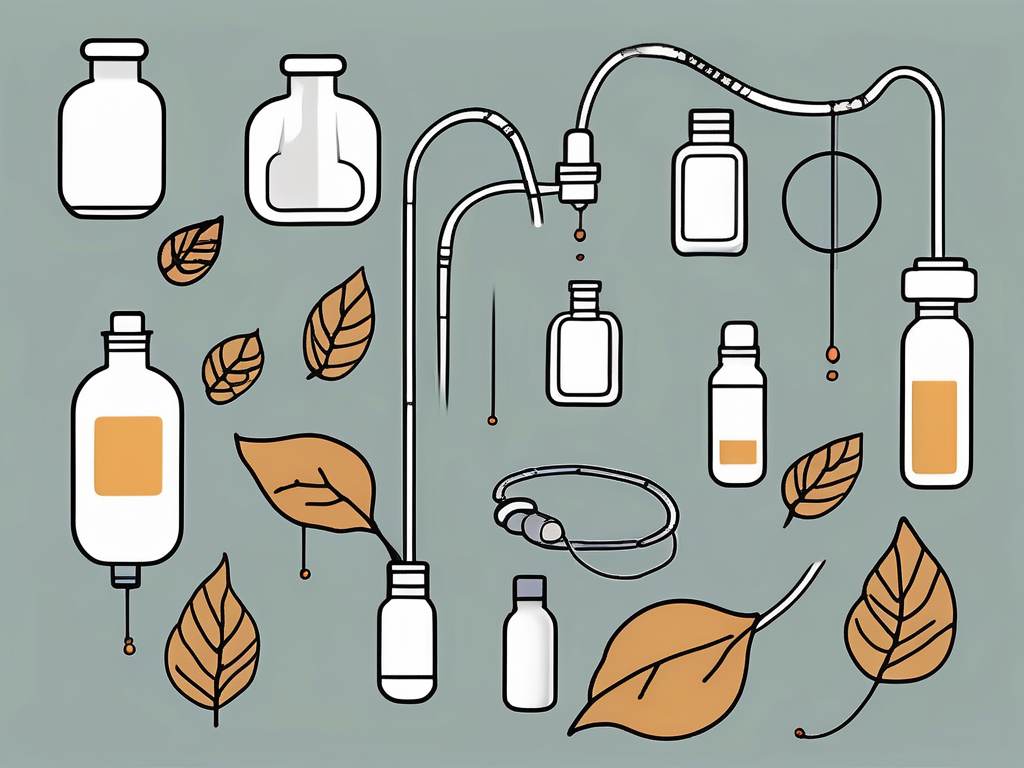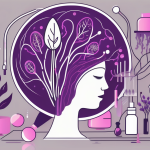Chemotherapy is a crucial component of cancer treatment, but it can also come with its fair share of side effects. These side effects can vary from person to person, and understanding them is essential in managing your treatment journey. In this article, we will delve into the world of chemotherapy side effects, explore their causes, and provide practical tips on how to manage them. So, let’s start by understanding what chemotherapy is and its role in cancer treatment.
What is Chemotherapy?
Chemotherapy is a powerful treatment method that uses drugs to target and kill cancer cells in the body. It can be utilized as a standalone treatment or combined with other forms of therapy like surgery and radiation. The goal of chemotherapy is to either completely eliminate cancer or to slow its progression and alleviate symptoms.

Chemotherapy drugs come in various forms, including pills, injections, and intravenous infusions. The choice of administration method depends on the type of cancer being treated, the drugs being used, and the overall health of the patient. Oncologists carefully tailor the chemotherapy regimen to each individual to maximize its effectiveness while minimizing side effects.
The Role of Chemotherapy in Cancer Treatment
Chemotherapy plays a vital role in treating cancer by disrupting the growth and division of cancer cells. It is often administered in cycles to ensure that cancer cells are continuously attacked. While chemotherapy is highly effective, its effectiveness can vary based on the type and stage of cancer, as well as individual factors like overall health and genetics.
Additionally, chemotherapy can be used in different settings within the cancer treatment journey. It may be employed as neoadjuvant therapy to shrink tumors before surgery, adjuvant therapy to target any remaining cancer cells after surgery, or palliative therapy to alleviate symptoms and improve quality of life in advanced stages of cancer.
The Science Behind Chemotherapy
Chemotherapy works by targeting rapidly dividing cells, which includes cancer cells. Unfortunately, it also affects some healthy cells that divide quickly, such as those in the hair follicles, digestive tract, and bone marrow. This is the root cause of many of the side effects experienced during treatment.
Researchers are continually exploring new chemotherapy drugs and delivery methods to enhance treatment outcomes and reduce side effects. By understanding the molecular mechanisms of cancer cells and how they respond to different drugs, scientists aim to develop more targeted and personalized chemotherapy regimens in the future.
Common Side Effects of Chemotherapy
Chemotherapy can affect various aspects of your well-being, both physically and emotionally. By recognizing and understanding these side effects, you can better navigate your treatment journey.

Chemotherapy is a powerful treatment that targets rapidly dividing cells, including cancer cells. However, in the process, it can also affect healthy cells in the body, leading to a range of side effects. Understanding these side effects can help you prepare and cope with the challenges that may arise during your treatment.
Physical Side Effects
The physical side effects of chemotherapy can differ from person to person, but some commonly experienced ones include fatigue, nausea, hair loss, changes in appetite, and compromised immune function. It is important to remember that these side effects are usually temporary and will diminish once treatment is complete.
Fatigue is one of the most common side effects of chemotherapy and can vary in intensity. It is essential to listen to your body and rest when needed. Nausea and changes in appetite can impact your nutritional intake, so working with a dietitian or nutritionist can help you maintain proper nutrition during treatment. Hair loss is another common side effect that can affect your self-esteem. Consider exploring options such as wigs, scarves, or hats to feel more comfortable during this time.
Emotional and Mental Side Effects
Alongside the physical side effects, chemotherapy can also impact your emotional and mental well-being. Many individuals report feeling anxious, depressed, or experiencing mood swings during treatment. It is essential to have a support network in place and communicate your feelings with your loved ones and healthcare team to receive the emotional support you need.
Managing stress through relaxation techniques such as deep breathing, meditation, or yoga can help alleviate some emotional side effects. Additionally, joining support groups with individuals going through similar experiences can provide a sense of community and understanding. Remember, it is okay to seek professional help from a therapist or counselor if you find yourself struggling to cope with the emotional impact of chemotherapy.
Managing Chemotherapy Side Effects
The good news is that there are various strategies and interventions that can help manage or even prevent chemotherapy side effects. Utilizing a combination of medical interventions and lifestyle changes can significantly improve your overall well-being during treatment.

Medical Interventions for Side Effects
Your healthcare team has a range of medical interventions available to manage the side effects of chemotherapy. These may include medications to alleviate nausea, pain, or fatigue. They may also prescribe growth factors to support your immune system or recommend complementary therapies such as acupuncture or massage.
Lifestyle Changes to Mitigate Side Effects
Alongside medical interventions, certain lifestyle changes can also make a significant difference in managing side effects. Eating a well-balanced diet, staying hydrated, and engaging in exercise can help combat fatigue and maintain your overall health. Additionally, finding relaxation techniques such as meditation or yoga can help reduce stress and promote a sense of well-being.
Long-Term and Late Side Effects of Chemotherapy
While most side effects subside after treatment, it is important to be aware of potential long-term and late side effects that may occur. These can vary depending on the type and duration of chemotherapy received.
Understanding Long-Term Physical Consequences
Some chemotherapy treatments can cause long-term physical consequences such as heart or lung complications, fertility issues, or an increased risk of developing other cancers. Regular follow-ups with your healthcare team can help monitor any potential long-term effects and address them promptly.
Emotional and Cognitive Long-Term Effects
In addition to physical side effects, some individuals may experience emotional and cognitive challenges that persist beyond treatment. This may include difficulties with memory, concentration, or emotional well-being. Fortunately, many support services are available to help you cope with these challenges and regain a sense of normalcy in your life.
Communicating with Your Healthcare Team
Your healthcare team is your ultimate ally throughout the chemotherapy process. Open and honest communication is vital to ensuring that you receive the best possible care.
Reporting Side Effects to Your Doctor
It is crucial to report any side effects you experience to your doctor. They have the knowledge and expertise to address potential concerns promptly. Whether it’s increased fatigue, persistent nausea, or changes in mood, sharing this information will allow your healthcare team to make any necessary adjustments to your treatment plan.
Questions to Ask Your Healthcare Team
Don’t hesitate to ask questions throughout your treatment journey. Your healthcare team is there to guide you and provide information. Whether it’s about potential side effects, alternative treatments, or managing emotional well-being, asking questions will help you feel more informed and in control of your treatment.
Remember, you are not alone in your chemotherapy journey. With the support of your healthcare team, loved ones, and appropriate strategies to manage the side effects, you can navigate through treatment with strength and resilience. Stay positive and focus on your goal of beating cancer.






